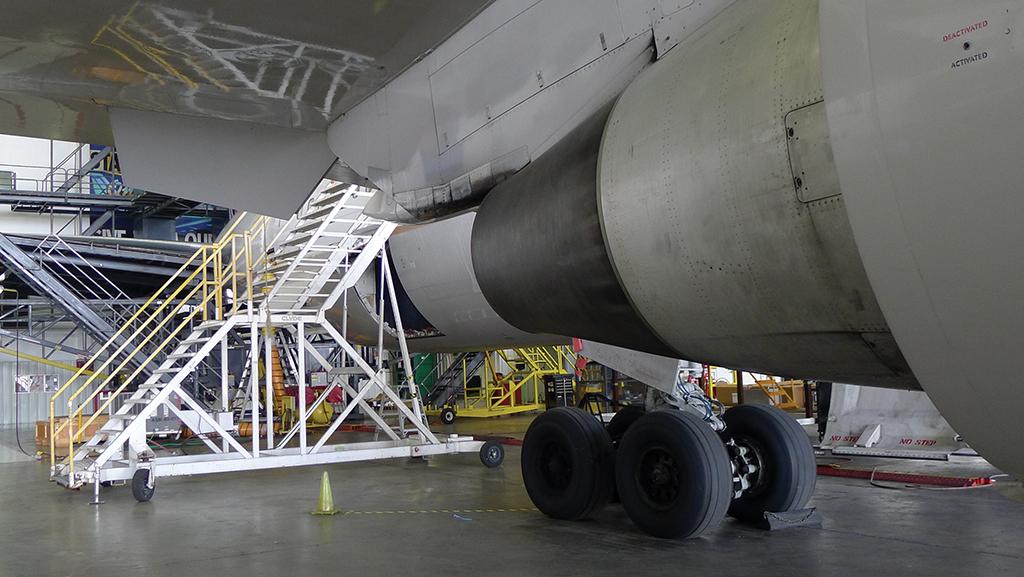
Repair stations should benefit from several provisions in the latest FAA reauthorization bill.
Credit: Sean Broderick/AW&ST
Laws are almost always the product of compromise, which usually means they fall short of anybody’s definition of perfection. The five-year FAA reauthorization bill signed into law May 16 that establishes funding levels and sets some new priorities is no exception. But while some maintenance industry...
New FAA Bill Includes Many MRO-related Provisions is part of our Aviation Week & Space Technology - Inside MRO and AWIN subscriptions.
Subscribe now to read this content, plus receive full coverage of what's next in technology from the experts trusted by the commercial aircraft MRO community.
Already a subscriber to AWST or an AWIN customer? Log in with your existing email and password.





